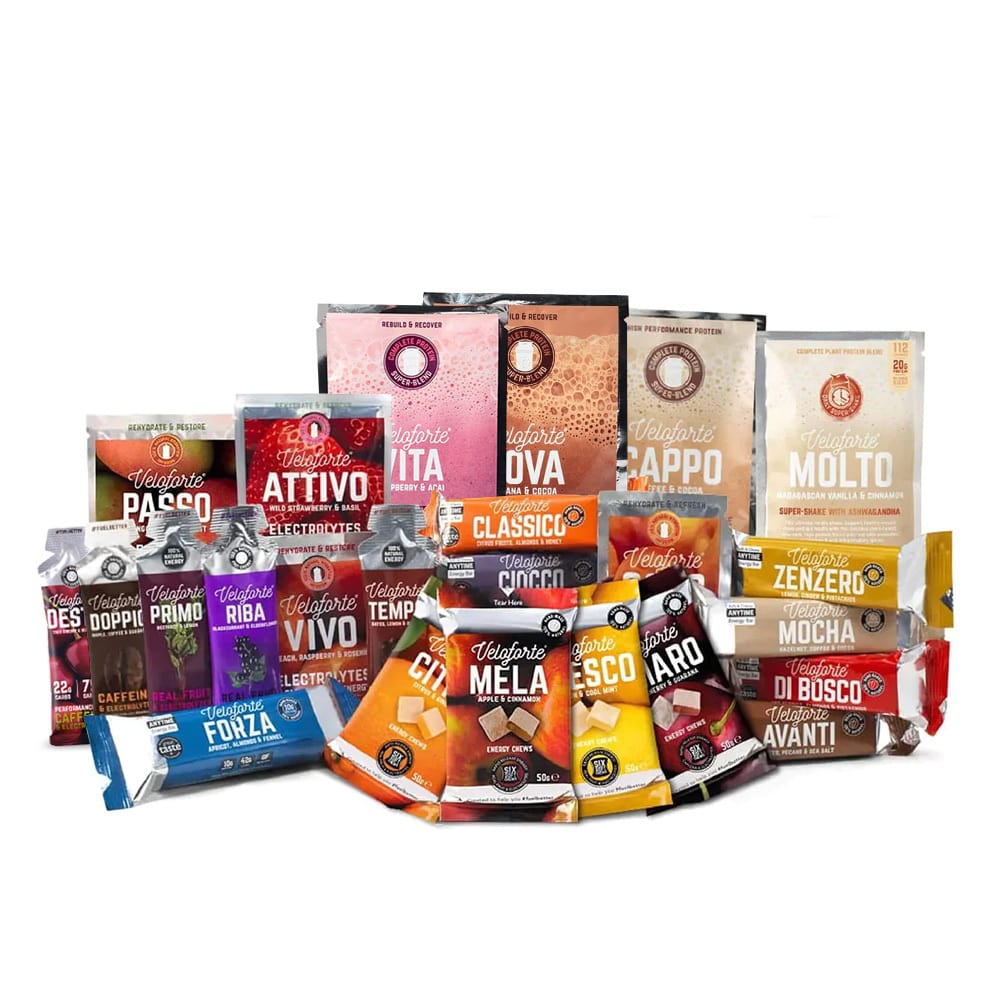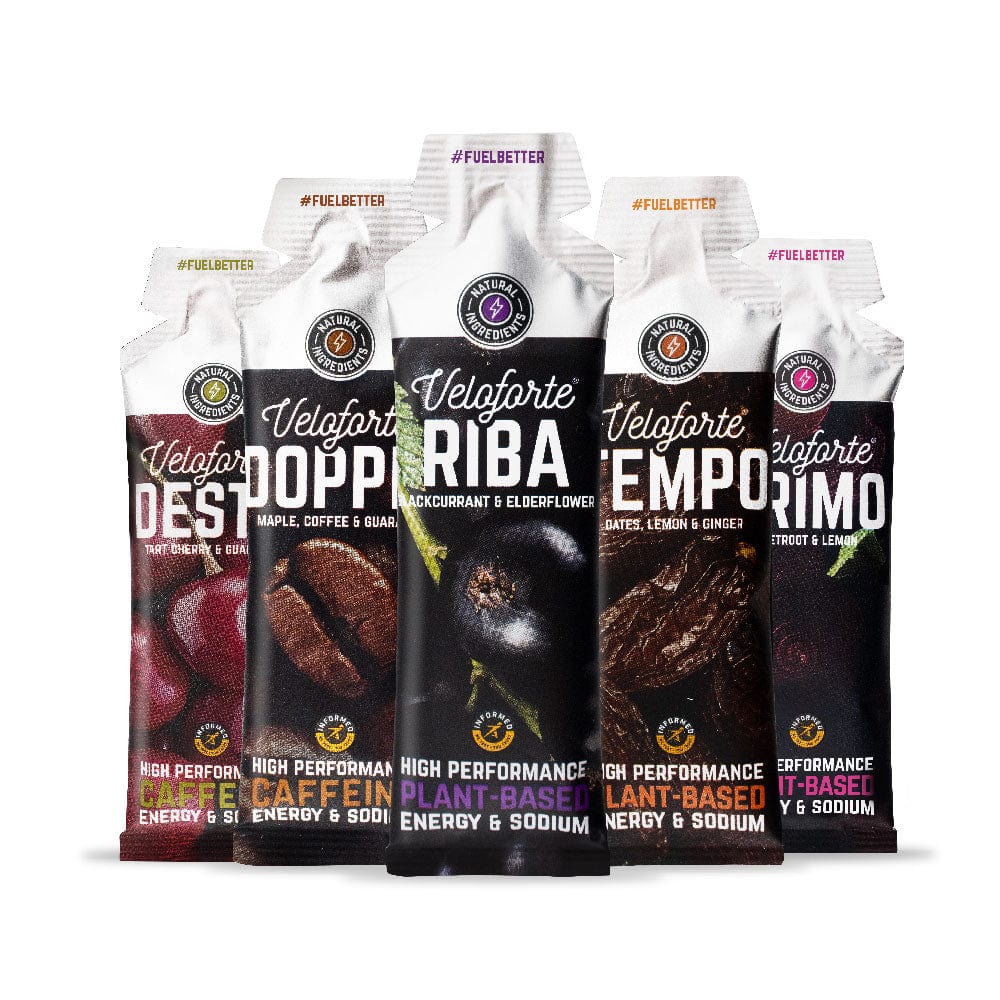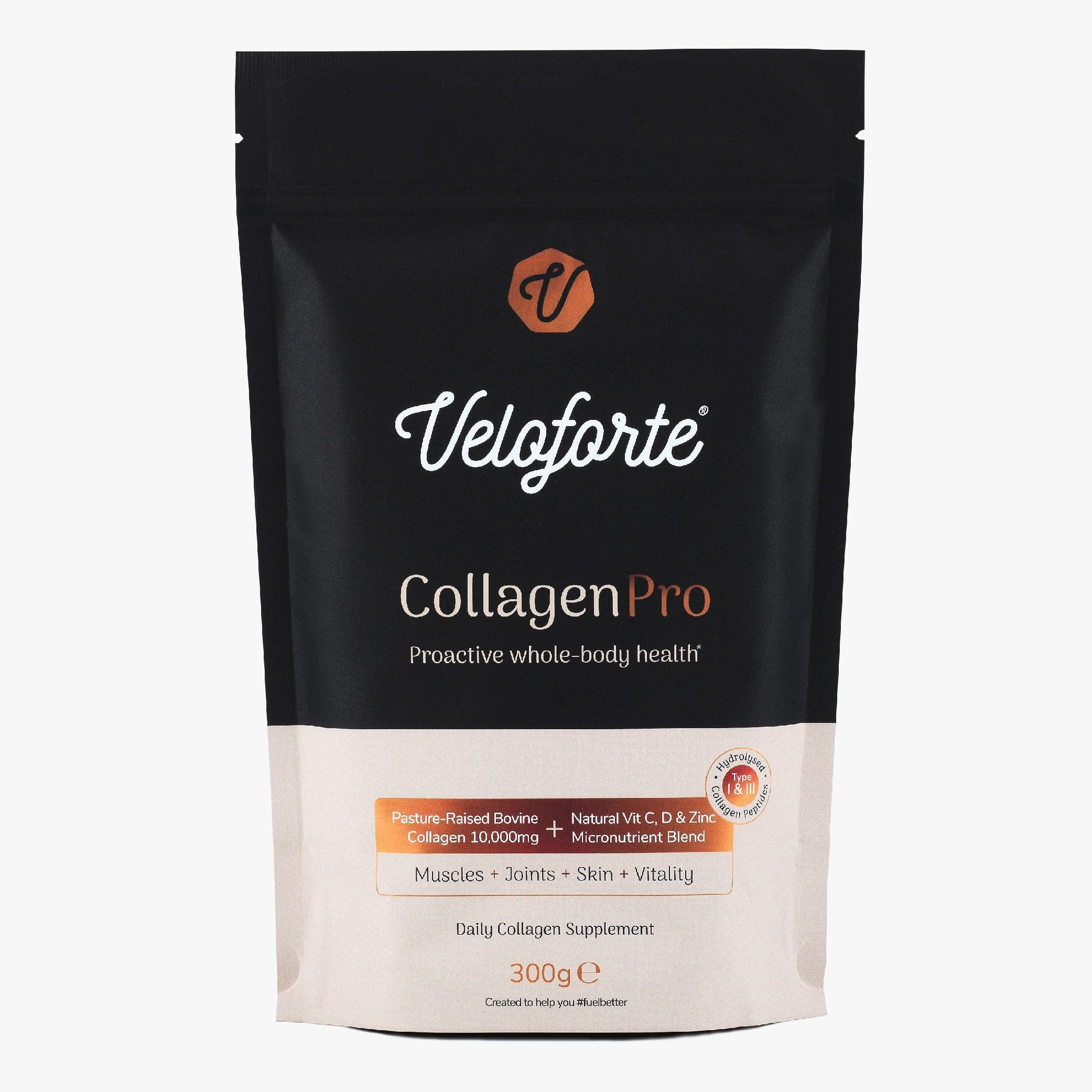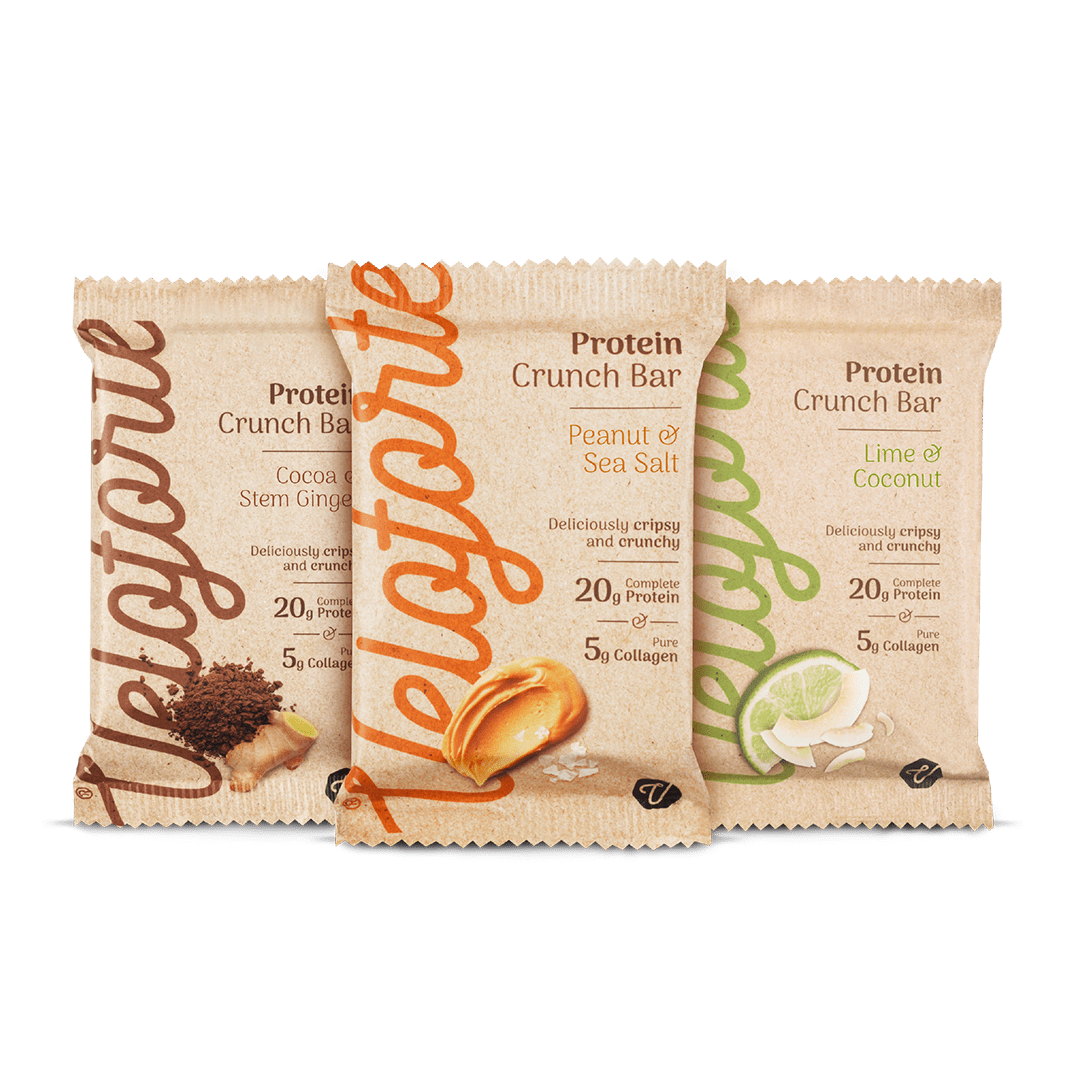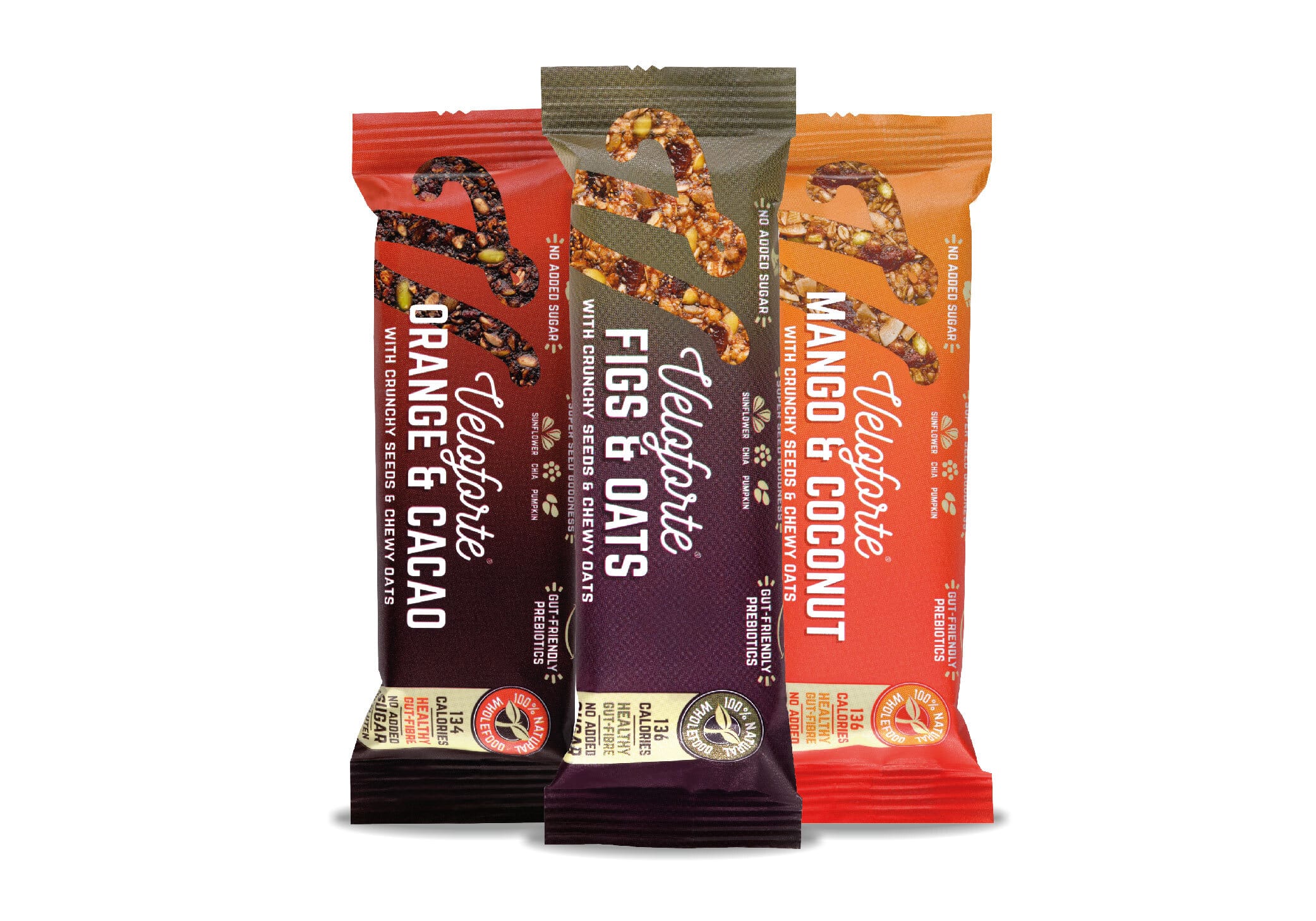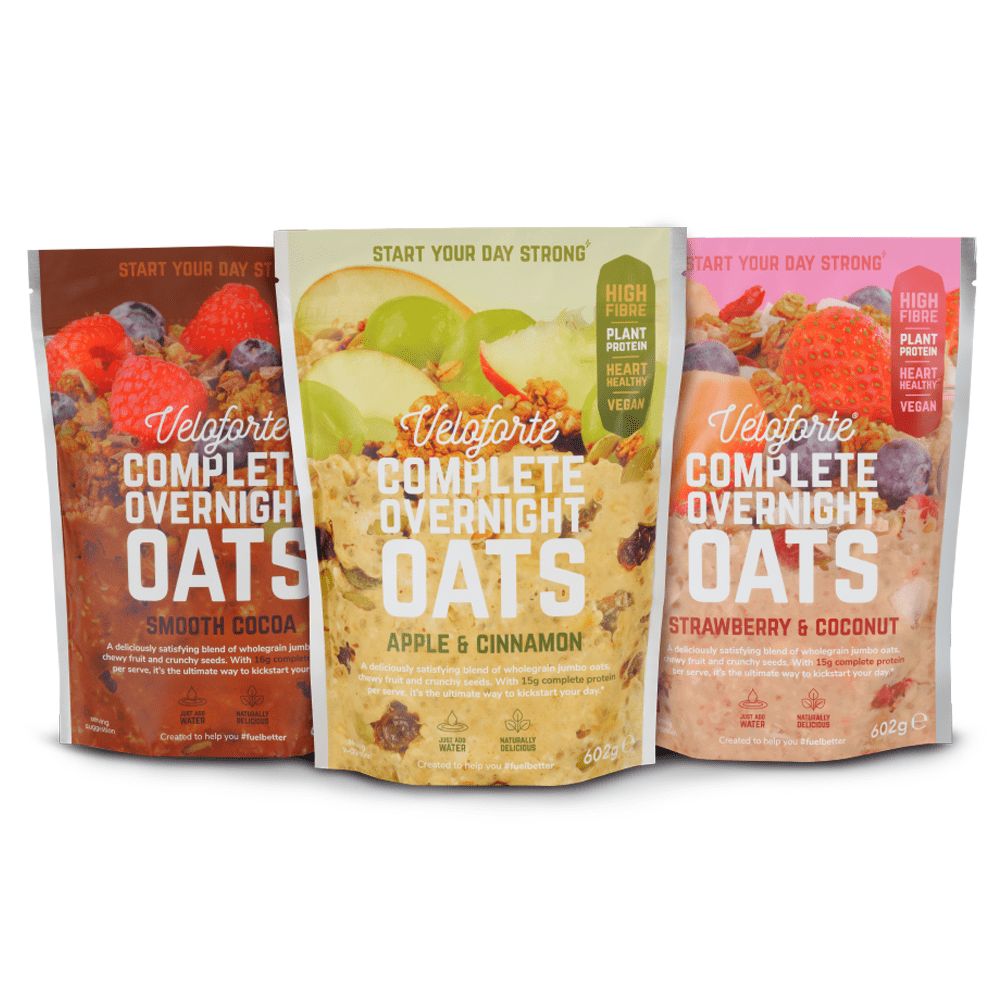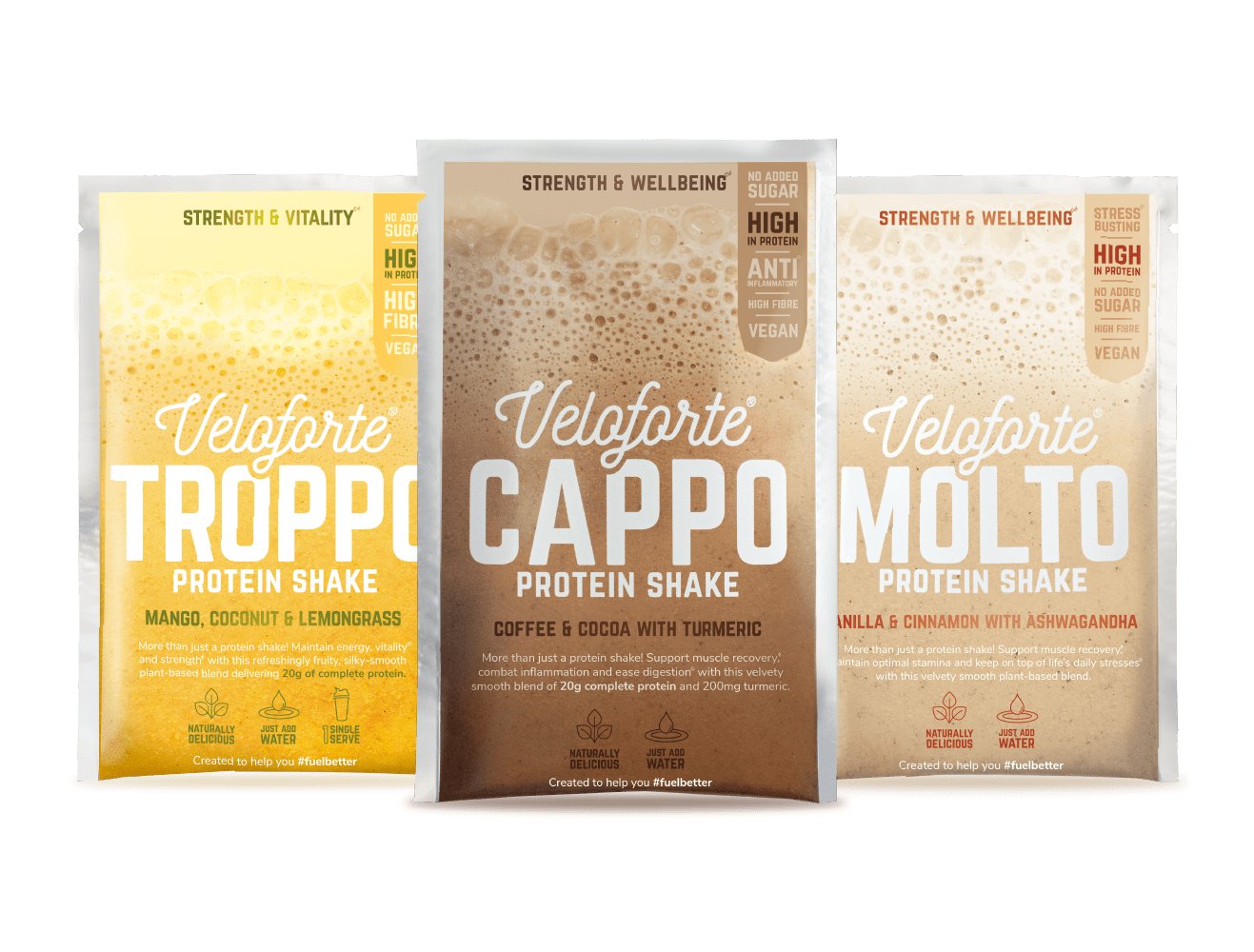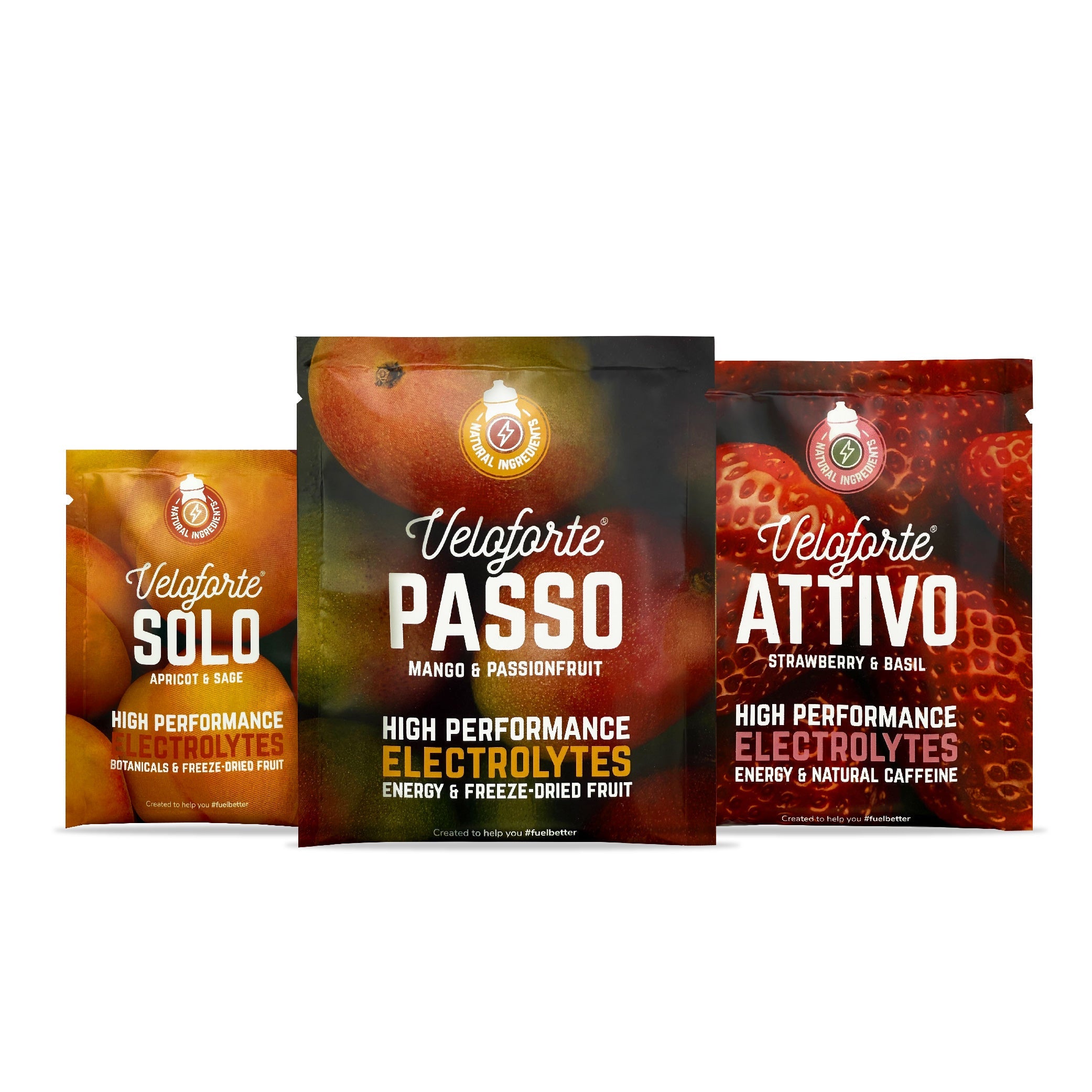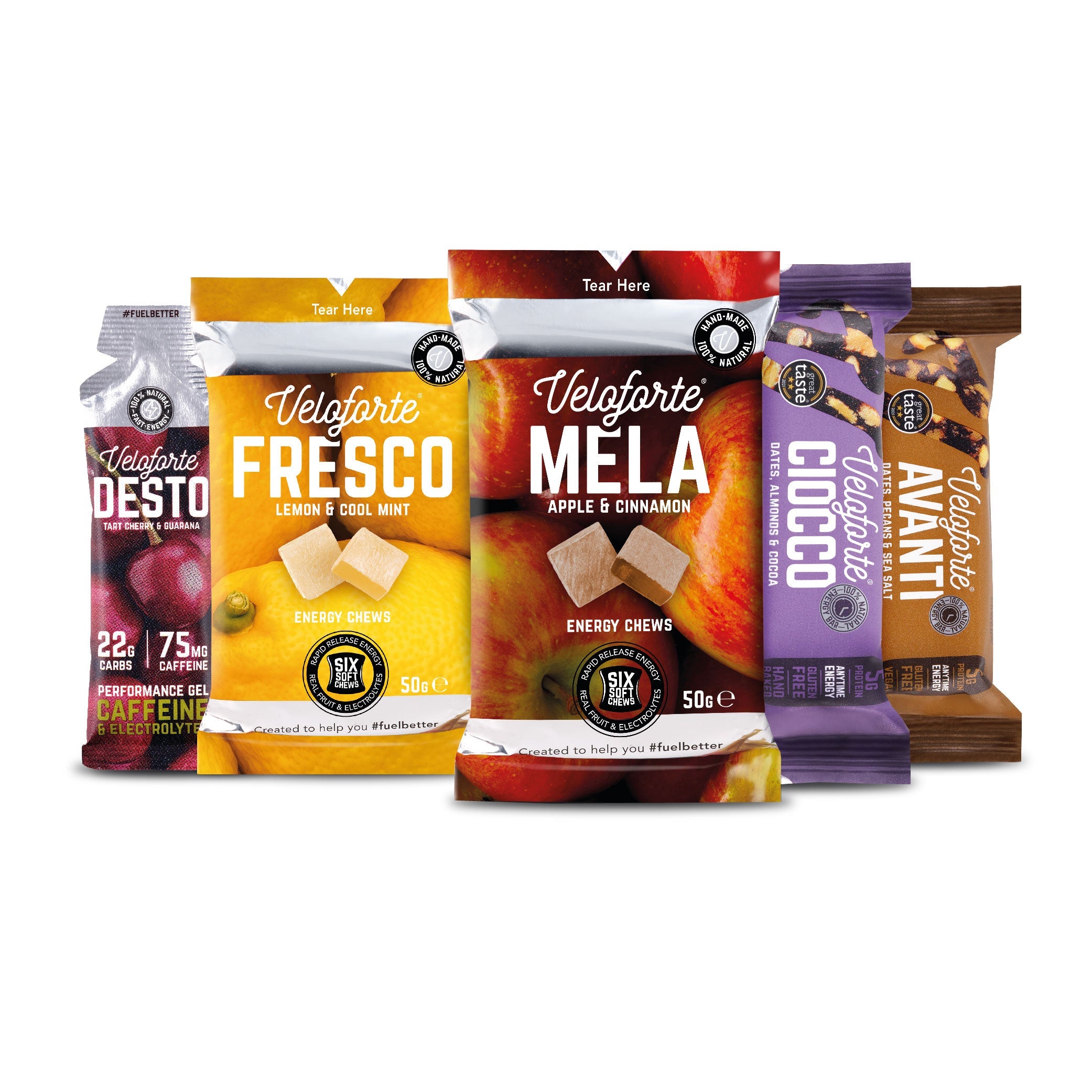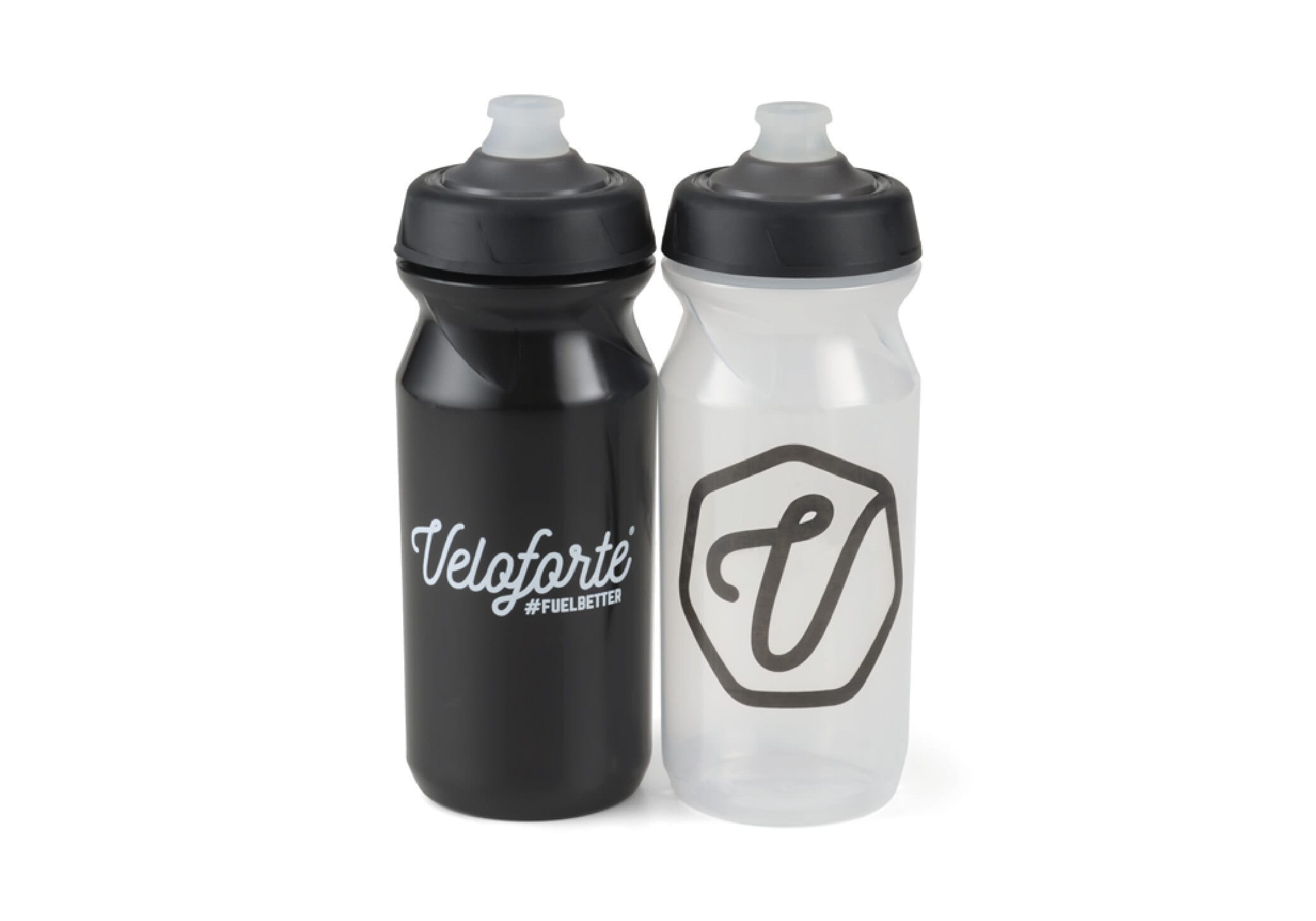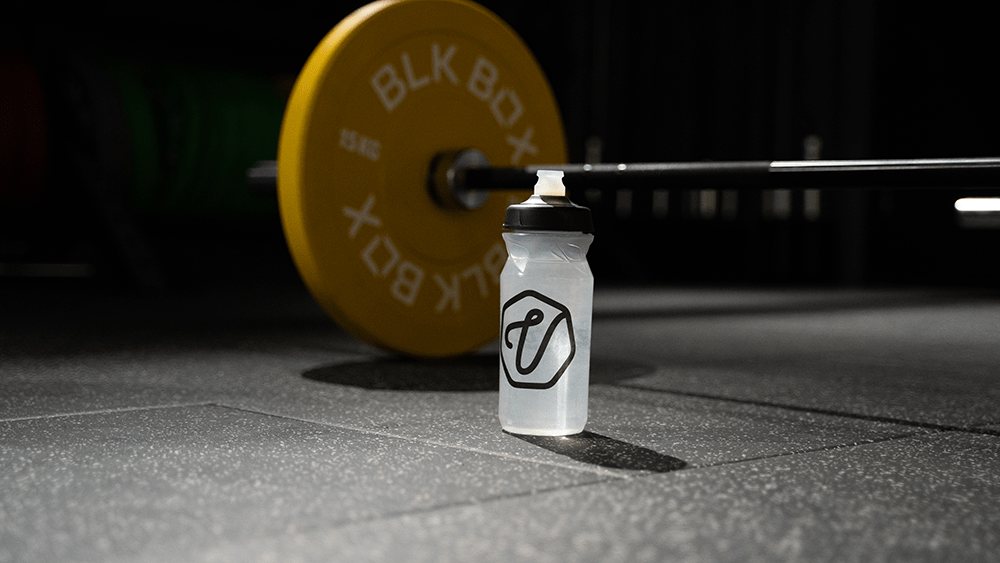Protein is a crucial component of our diet, helping us to grow, repair, and maintain our bodies. But have you ever considered the source of your protein intake? More specifically, have you considered the value of natural protein powders? In this article, we venture into the understanding of protein powders, importance of protein in our diet, and the benefits of natural protein powder.
Understanding Protein Powders
Protein powder is a popular nutritional supplement that has gained significant popularity in recent years. It is widely used by athletes, fitness enthusiasts, and individuals looking to increase their protein intake. But what exactly is protein powder and why is it so popular?
What is Protein Powder?
Protein powder is a powdered form of protein that is derived from various sources. These sources can include dairy-based proteins like whey or casein, as well as plant-based proteins such as pea, soy, and rice proteins. The protein sources are carefully selected, processed, and ground into a fine powder, making it easy to mix with liquids, meals, or snacks.
Protein powders are known for their high protein content, which is essential for muscle growth, repair, and overall health. They are a convenient and efficient way to increase your protein intake, especially for individuals who have higher protein requirements due to intense physical activity or specific dietary needs.
The Difference Between Natural and Synthetic Protein Powders
When it comes to protein powders, there are two main categories: natural and synthetic. The distinction between the two primarily revolves around the ingredients used in their production.
Natural protein powders are often preferred by individuals who prioritize clean and organic sources of nutrition. These powders typically contain fewer ingredients, with a focus on natural and organic sources of protein. They are minimally processed and free from artificial additives, such as flavors, preservatives, colors, or sweeteners. Natural protein powders are considered a more wholesome option for those seeking a pure and unadulterated protein supplement.
On the other hand, synthetic or traditional protein powders may contain a wider range of ingredients, including artificial flavors, preservatives, colors, or sweeteners. These additives are often used to enhance the taste, texture, and shelf life of the product. While synthetic protein powders can still provide the necessary protein content, some individuals prefer to avoid artificial additives and opt for a more natural alternative.
It's important to note that both natural and synthetic protein powders can be beneficial depending on individual preferences and dietary goals. Some individuals may prioritize convenience and taste, while others may prioritize the purity and naturalness of their protein supplement.
In conclusion, protein powders are a versatile and convenient way to increase your protein intake. Whether you choose a natural or synthetic protein powder, it's crucial to select a product that aligns with your dietary needs and preferences. Remember to consult with a healthcare professional or a registered dietitian to determine the best protein powder for your specific goals and requirements.
The Importance of Protein in Our Diet
Protein is not just a macronutrient; it is a fundamental building block for our bodies. It plays a crucial role in the growth and repair of muscles, tissues, and organs. When we engage in physical activities such as weightlifting or running, our muscles experience microtears. Protein helps to repair these tears, allowing our muscles to grow stronger and more resilient.
But protein's importance goes beyond muscle repair. It is involved in creating enzymes and hormones, which are essential for various bodily functions. Enzymes are catalysts that facilitate chemical reactions in our bodies, enabling processes such as digestion, metabolism, and DNA replication. Hormones, on the other hand, act as messengers, regulating bodily functions like growth, reproduction, and metabolism.
Role of Protein in Body Functioning
Protein is so vital to our body's functioning that it is found in every single cell. It is a major component of cell membranes, providing structure and allowing for the transport of nutrients and waste products. Inside the cells, proteins are responsible for carrying out specific functions, such as transporting oxygen in our blood (hemoglobin) and facilitating communication between cells (receptor proteins).
Protein also plays a critical role in our immune system. Antibodies, which are proteins produced by our immune cells, help recognize and neutralize harmful pathogens like bacteria and viruses. Without enough protein, our immune system would be compromised, leaving us more susceptible to infections and diseases.
Recommended Daily Protein Intake
The recommended daily intake of protein varies depending on a person's age, sex, and level of physical activity. Generally, adult men and women should aim to consume 56g and 46g of protein daily, respectively. However, these guidelines are just a starting point and may need to be adjusted based on individual needs and goals.
Athletes and individuals who engage in intense physical activity may require higher protein intake to support muscle repair and growth. For example, strength athletes may need up to 1.2-2.0 grams of protein per kilogram of body weight to optimize their performance and recovery. On the other hand, older adults may benefit from slightly higher protein intake to counteract age-related muscle loss.
It is also important to consider the quality of protein sources. Animal-based proteins, such as meat, poultry, fish, eggs, and dairy products, are considered complete proteins as they provide all the essential amino acids our bodies need. Plant-based proteins, like beans, lentils, tofu, and quinoa, are generally incomplete proteins but can be combined to form complete proteins.
Meeting your daily protein requirements can be easily achieved through a well-balanced diet that includes a variety of protein-rich foods. However, in some cases, dietary supplements may be necessary to ensure adequate protein intake, especially for individuals with specific dietary restrictions or medical conditions.
The Benefits of Natural Protein Powder
Nutritional Advantages of Natural Protein Powder
Natural protein powder has a notable nutritional edge over its synthetic counterparts. These powders typically come from nutrient-dense sources, carrying along with them beneficial fibers, vitamins and minerals. Additionally, as they lack artificial additives, they're generally easier on the body and less likely to cause digestive distress.
Health Benefits Associated with Natural Protein Powder
Consuming natural protein powder can have several health benefits. This supplement can aid muscle growth, support weight loss, and help maintain overall body health. It can also limit the intake of artificial components, thus reducing potential health risks.
Choosing the Right Natural Protein Powder
Factors to Consider When Buying Natural Protein Powder
When purchasing natural protein powder, there are a few factors you should keep in mind. Consider its source, check for artificial additives and assess the protein content per serving. Also consider the brand's reputation and reviews, and, if possible, aim for third-party tested products to ensure quality and safety.
Top Natural Protein Powder Brands in the Market
Several brands are known for their high-quality and reliable natural protein powders. Some top options include Garden of Life, Optimum Nutrition, and Vega.
Incorporating Natural Protein Powder into Your Diet
Delicious and Healthy Protein Powder Recipes
The beauty of protein powder is that it can be incorporated into a variety of dishes. Some common recipes include protein shakes, protein pancakes, and protein energy balls. Remember to pair it with healthy fat and carbohydrates for a rounded meal.
When and How Much Protein Powder to Consume
The right time to consume protein powder greatly depends on your lifestyle and fitness goals. However, consuming it post-workout can speed up muscle recovery and growth. As for the amount, it should supplement your daily protein needs based on your diet, physical activity, and any advice from a health professional.
In conclusion, natural protein powder offers a range of benefits, from providing quality nutrition to promoting better health. By understanding your needs and choosing the right product, you can make this supplement a valuable addition to your diet.

